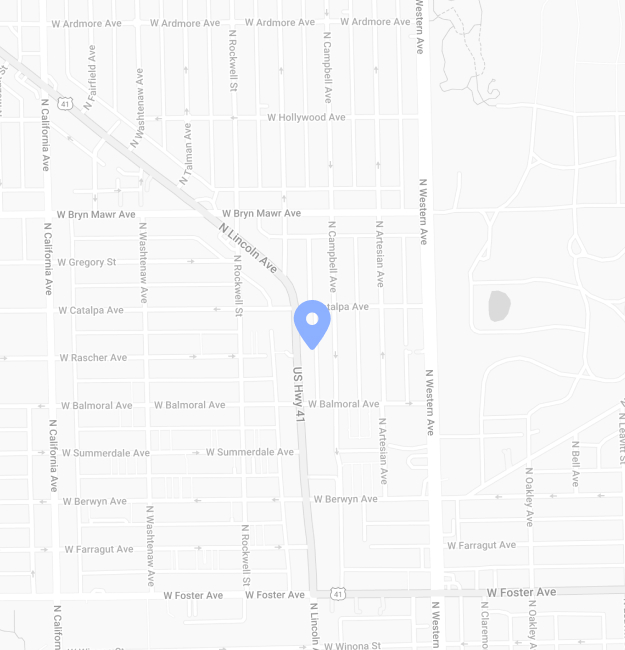Make It Better
If I File Bankruptcy, What Will Happen to My Home?
The short answer is: It depends. Briefly, debt can be classified into one of three general categories: secured, unsecured and priority. A mortgage loan on your home is considered to be secured debt, which means the loan is secured with a lien (known as a mortgage) on the title to your home. Another example of secured debt is a car loan. The money borrowed to buy the car is usually secured with a lien against the title to the car.
In a bankruptcy, when it comes to secured debt, you decide what you want to do with the debt. If you wish to keep your home or your car, you will have to continue making payments on the secured debt, the mortgage or car loan. However, in some circumstances it may be better to surrender the home or the car and allow the debt to be discharged or eliminated in bankruptcy, for example, if you cannot afford the monthly payment or if outstanding balance on the secured debt is much greater than the value of the home or car.
Either way, you generally control and decide whether you continue making payments on the secured debt. Everyone’s specific situation is different and we can discuss your options with you.
On the other hand, in bankruptcy, there is always the issue of the value of the assets you own, including the value of your home. As we tell our clients, in bankruptcy, you can generally “keep your stuff but you can’t have too much stuff.” Let’s use your home as an example: If you have “too much equity in your home,” in other words, the equity in your home is more than a certain dollar amount, you may not qualify to file for a Chapter 7 bankruptcy to eliminate your debt. Understandably, no one is allowed, for example, to file a Chapter 7 bankruptcy to completely eliminate credit card debt if their home is paid off.
In Illinois, certain assets are exempt up to certain dollar amounts, which means they are protected from creditor attachment, allowing for a bankruptcy discharge to rid debt, while also allowing you to keep your exempt assets. The equity in your home is currently exempt up to $15,000.00 for an individual and $30,000 for a married couple. For example, if you have a house that is worth $100,000 and you owe $50,000 on your mortgage, you have $50,000 in equity—that is too much equity, under the Illinois exemption. In such a circumstance, as noted above, a Chapter 7 bankruptcy (which is generally the bankruptcy allowing you to eliminate your debt), would not be suitable because the equity in your home is beyond the exemption limit.
In a scenario where a person has too much equity in their home, the better alternative may be to file a Chapter 13 bankruptcy as opposed to a Chapter 7. Generally, in a Chapter 13 bankruptcy, monthly payments are made to pay off debt, while also being allowed to keep assets, even if those assets exceed the exemption limits.
The laws pertaining to exemptions and their application to the various bankruptcy options available are complicated. Call us to discuss your specific circumstances and how the exemption laws may apply to your situation.








